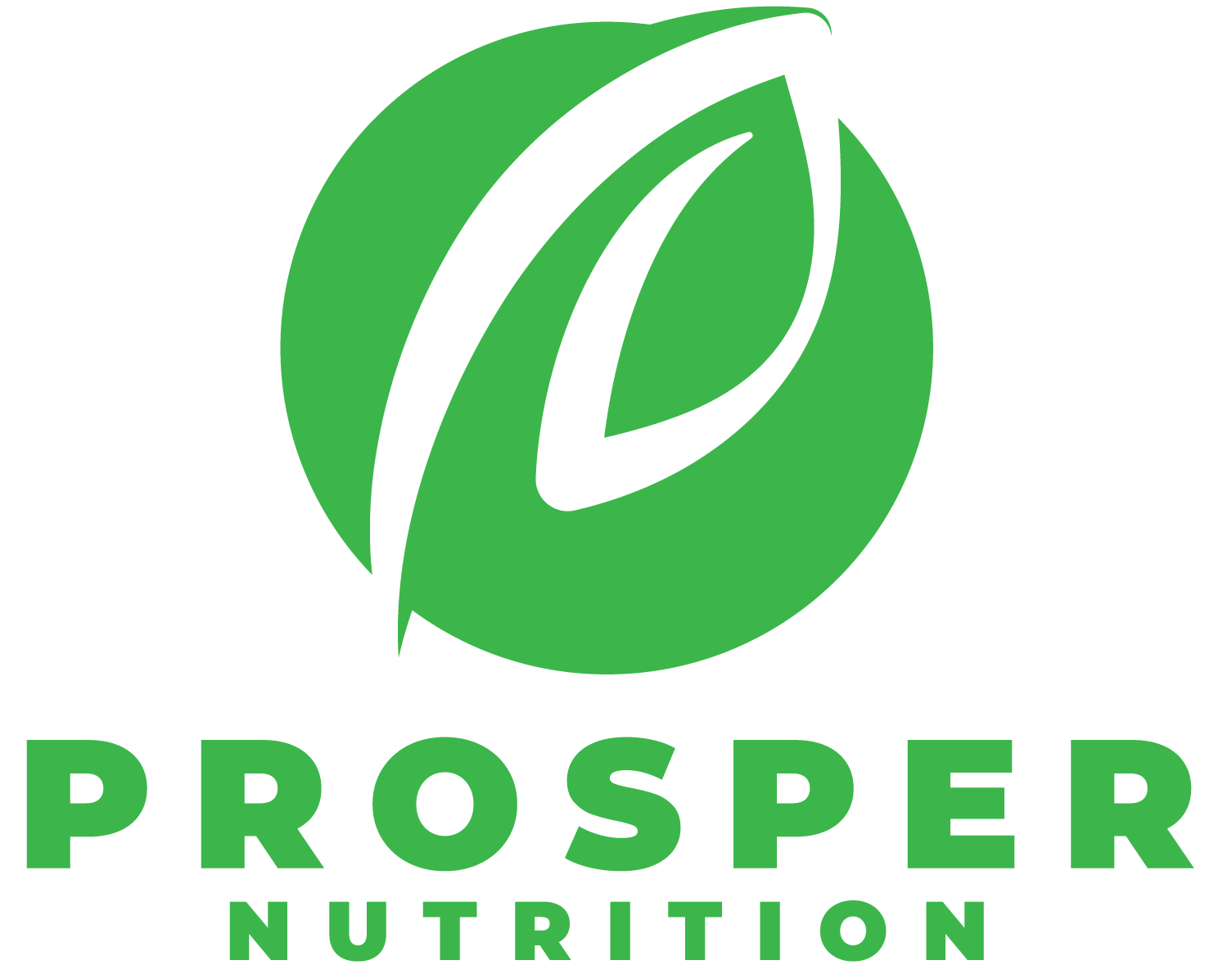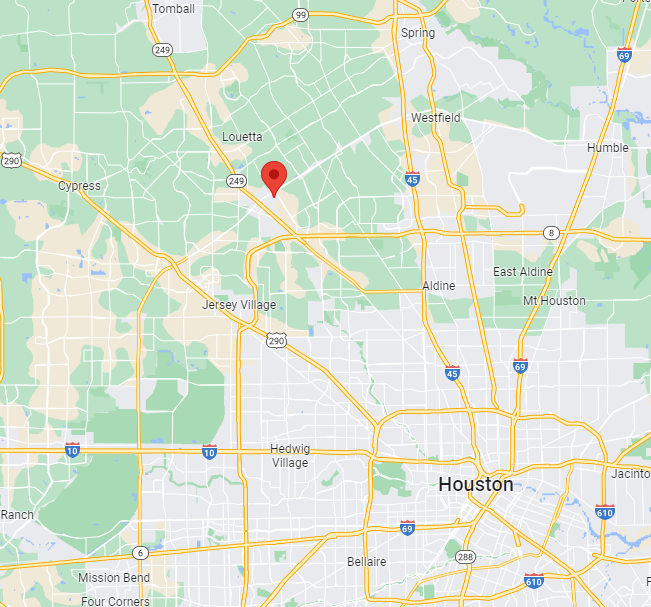New data tells us that 116 million US adults (47%) have high blood pressure greater than 130/80. Occurrence varies in the population, with the highest hypertension rates in women over 75 years in age and in the Black population. Most people who have high blood pressure do not take actions to control it. This is partly because they don’t feel bad. One out of five people with high blood pressure are not aware they have it. It’s easy and helpful to check blood pressure regularly when you know what to do to control it. In this article, we share lifestyle and nutrition tips that can help reduce high blood pressure.
Unchecked high blood pressure is known as a “silent killer.” Risk for heart disease, heart failure, and stroke increases when we have high blood pressure. Chronic high blood pressure can reduce life expectancy by as much as 5-7 years. Lifestyle changes such as a more nutritious diet can help reduce high blood pressure and reduce risk for adverse cardiovascular outcomes.
If you want to hear from our experts, sign up for our free webinar on how to Prevent & Reverse Heart Disease with Nutrition. Click here to register now!
Lifestyle & Nutrition Tips
Lose excess body fat. Excess body fat is a major cause of increased blood pressure and puts a strain on the heart. Losing 5-10 pounds of fat can dramatically reduce blood pressure.
Eating a nutrient-rich diet helps with fat loss as noted above. Eating more plant foods and clean animal proteins increases vitality overall. Specifically:
- Garlic, ginger, onion, broccoli sprouts, and eggs (GGOBE) can improve cardiovascular health. Ginger acts as a natural calcium channel blocker, directly dilating blood vessels. Onion also acts as a vasodilator through both calcium channel blockage and increase of endothelial nitric oxide, and directly lowers heart rate. Research has suggested that garlic decreases blood pressure through mediation of intracellular nitric oxide and through prevention of the production of angiotensin II (a compound that causes blood vessels to constrict). Broccoli and its sprouts contain sulphoraphane glucosinolate (SGS), a compound that decreases oxidative stress and blood pressure. Eggs have demonstrated a 12% reduction in stroke risk.
- Fruits and vegetables contain potassium, which can help lower blood pressure, as well as other helpful compounds. Berries, leafy greens, avocados, seeds, nuts, and citrus fruits are especially helpful.
- Alkaline-forming foods. Eating according to nature’s alkaline way includes choosing a variety of whole foods (preferably organic/biodynamic) prepared in a variety of ways. Many plant-based foods contain antioxidants and other life-giving compounds that help support digestion, circulation, and overall functioning. We recommend eating at least 60% alkaline-forming foods if you are in overall good health. If your immune system is compromised or challenged, or if you are not feeling your best, we recommend selecting at least 80% alkalinizing foods from the Acid/Alkaline Body Chemical Balance chart. The alkalinizing diet can help lower blood pressure, and can help you to lose weight, further decreasing strain on the heart and blood vessels.
- Minimize table salt intake. The number one food that raises blood pressure is sodium, or common table salt. In countries that consume low-sodium diets, the age-related increase in blood pressure seen in Western counties is absent. In addition, researchers have found that reducing dietary sodium over a period of four weeks leads to significant decreases in blood pressure. Making the simple switch to sea salt can help reduce high blood pressure immediately because sea salt has a variety of healthy minerals that promote healthy blood vessels and aids in reducing inflammation.
- Avoid foods that burden the immune system. Be sure to avoid consuming any foods to which your immune system reacts. Use the list of reactive foods from your LRA by ELISA/ACT test results if you have had testing for delayed allergies; if you have not yet been tested, it is highly recommended. Most overweight people lose weight effortlessly and enhance metabolism when they substitute non-reactive foods for reactive ones, which helps reduce blood pressure. You can contact Nutrition and Health Center to learn more about tesing your immune response with the LRA by ELISA/ACT test. (email [email protected] or call 281.440.0024)
Hydrate. Dehydration can cause high blood pressure. Vasopressin is released by the pituitary in response to high serum osmolarity – which means that the circulating blood is too “concentrated.” Vasopressin tells the kidneys to conserve fluids and the blood vessels to constrict, raising blood pressure. Stay properly hydrated by consuming more than four liters (or four quarts) of water or herbal beverage daily.
Get moving. Regular physical exercise can help strengthen the heart and blood vessels through a variety of mechanisms that can help reduce high blood pressure. We recommend walking for 20 minutes every other day and 5-10 minutes of movement practice on alternate days. A great way to start is by adding a daily mile walk followed by 5-10 minutes of gentle stretching, or simply getting up to move about for a few minutes each hour. If you feel you are ready to add more, seek a fitness professional who is knowledgeable about a variety of movement methods. They can help you learn the methods that are right for your goals.
Get restorative sleep. Sleep deprivation can cause high blood pressure, and the less you sleep, the higher it may go, increasing risk of heart disease and stroke. This is thought to be due to changes in the hormones that control stress and metabolism that are normally expressed during sleep. Check out our article on tips to improve sleep and digestion to learn how to improve sleep today. https://www.prospernutrition.com/tips-to-improve-sleep-and-digestion/
Take a salt and soda bath. As part of your bedtime routine, consider taking a salt and soda bath. This relaxing soak (equal amounts of Epsom salts and baking soda) will help remove toxic matter through your skin pores and will help increase magnesium uptake. Magnesium has been shown in some studies to help reduce high blood pressure, and warm water will help lower stress and promote relaxation.
Practice abdominal breathing. Also known as diaphragmatic breathing, abdominal breathing can help lower stress, reduce heart rate and reduce blood pressure. Practicing multiple times per day can help you add this valuable tool to your health-promoting toolkit.
Add nutritional supplements.
Supplementation of key nutrients can also be helpful.
- Magnesium has been shown to significantly reduce blood pressure, yet a large percentage of Americans are magnesium deficient. In addition, the ability of the body to absorb magnesium from the diet decreases with age. Our Magnesium Power combines three highly bioavailable forms of magnesium to enhance delivery and functional benefits.* And our Cell Energy boosts magnesium uptake by combining with magnesium in a patented enhanced magnesium uptake system (US Patent 8,017,160) to effortlessly carry it as a neutral compound through cell membranes.* Take enough magnesium and choline citrate to keep first-morning urine pH between 6.5 and 7.5.
- Vitamin C has been shown to decrease both systolic and diastolic blood pressure across many studies. Our Vitamin C Max powder and tabsules protect delicate endothelial cells that line blood vessels from free radical and toxin damage and increase nitrous oxide (nature’s small vessel relaxation molecule) thus lowering blood pressure via enhanced biopterin action. Use our Vitamin C Cleanse to determine the amount of daily Vitamin C needed. Click here to watch our video on how to do the vitamin c cleanse.
- Quercetin is a polyphenolic flavonoid found in foods such as apples, berries, and onions, that has been shown to decrease blood pressure in hypertensive patients through a variety of mechanisms. Pomegranate juice has many health-promoting effects, including blood pressure reduction. Finally, OPCs (oligomeric proanthocyanidins) are antioxidants found in grapes, apples, nuts and certain berries that can also reduce blood pressure. Our Cell Repair is a combination of quercetin dihydrate, pomegranate juice, and OPCs that delivers potent antioxidant benefits and cell support that may also positively effect blood pressure.*
- Omega 3 fatty acids such as EPA and DHA have long been touted for their heart-healthy benefits, reducing inflammation and heart disease risk. A recent meta-analysis showed that EPA and DHA can also lower both systolic and diastolic blood pressure, especially in people with high cholesterol. Our Pure Omega 3 provides the best balance of EPA and DHA, distilled and nitrogen-purged for purity and protection.
- Finally, our B12 Max is a combination of vitamins B6 and B12, folate, and magnesium ascorbate that supports normal function of blood vessels in both the heart and brain.*
Making many or all of these healthy diet and lifestyle changes will help to reduce blood pressure and decrease your cardiovascular risk.
*These statements have not been evaluated by the Food and Drug Administration. These products are not intended to diagnose, treat, cure, or prevent any disease.
This article has been adapted from an article on https://www.perqueintegrativehealth.com/


